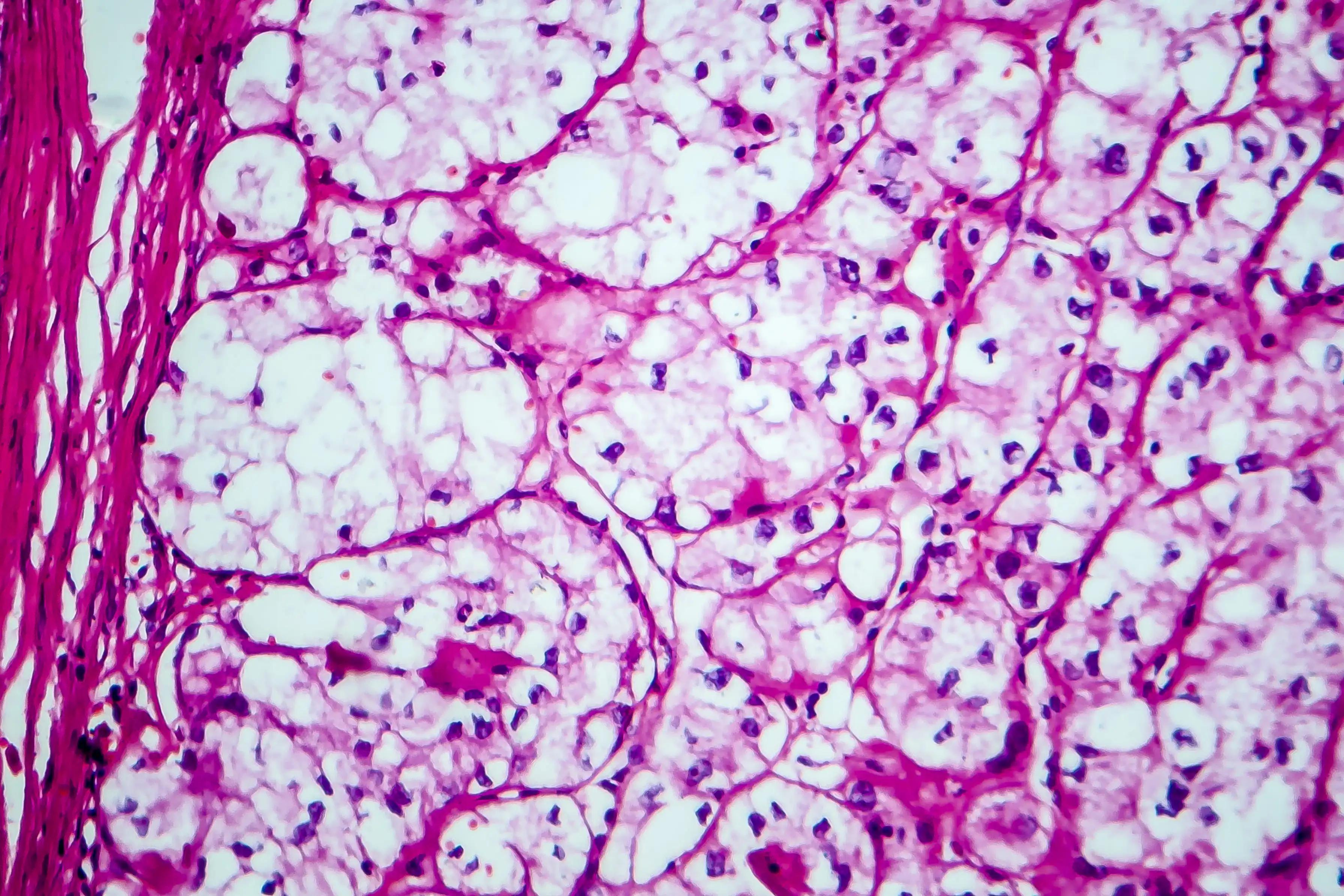KEY TAKEAWAYS
- The phase 2 trial aimed to investigate the efficacy and safety of T in cisplatin-ineligible high-risk UTUC patients.
- The primary endpoint was to determine pCR, and the secondary endpoints were to determine PaR and safety.
- Researchers noticed a promising pCR rate with neoadjuvant T in cisplatin-ineligible high-risk UTUC patients; further investigation is ongoing.
Platinum-based chemotherapy is the established post-nephroureterectomy standard of care for high-risk upper tract urothelial carcinoma (UTUC). However, more than half of UTUC patients face significant renal function loss, restricting cisplatin use. Jiwei Huang and his team aimed to assess the efficacy and safety of Tislelizumab (T) in neoadjuvant treatment for cisplatin-ineligible high-risk UTUC patients.
They performed an inclusive analysis involving eligible patients diagnosed with high-risk UTUC, meeting criteria such as pathological high-grade UTUC (either by endoscopic biopsy or urinary cytology) and/or invasive aspects on radiological examination (cT2-T4a N0/X M0), and/or hydronephrosis.
Patients with an ECOG PS of 0-2, no prior systemic therapy, and deemed ineligible for cisplatin were administered T at 200mg IV every 3 weeks for a maximum of 4 cycles, followed by surgery (radical nephroureterectomy, ureteral resection, or endoscopic ablation). CTU or contrast-enhanced MRI examinations were conducted before the third dose and again before surgery. The primary endpoint focused on achieving a pathological complete response (pCR) of pT0N0, with secondary endpoints including pathological response (PaR, <pT2N0) and safety.
About 16 patients, with a median age of 65 years (range: 46-71), were enrolled in the study between March 2021 and September 2022. Of these 13(81.3%) male, 14(87.5%) cT3-cT4, and 4(25%) cN+. All participants received a minimum of 2 doses of T, but 7 patients still needed to complete the planned 4 doses.
Surgical interventions included radical nephroureterectomy for 9 patients, endoscopic ablation for 1 patient, and segmental ureteral resection for 3 patients. Three patients opted out of surgery due to disease progression or adverse events. Radiological tumor responses before surgery indicated 6 patients 6(37.5%) cPR, 7(43.8%) cSD and 3(18.7%) cPD.
After surgery, 4 patients (25%) achieved a pCR, with 3 undergoing radical nephroureterectomy. One patient who received endoscopic ablation showed no residual disease in specimens and was assessed as pCR, demonstrating no recurrence one-year post-surgery. Seven patients were evaluated as <pT2N0. Grade 3/4 treatment-related adverse events (TRAE) were observed in 18.8% of patients. Importantly, no new safety signals were identified during the study period.
The study concluded with a promising pCR rate for neoadjuvant T in high-risk UTUC patients ineligible for cisplatin-based chemotherapy. Ongoing exploratory analysis aims to unveil the correlation between tumor immune microenvironment and treatment response.
The study is sponsored by RenJi Hospital
Source: https://meetings.asco.org/abstracts-presentations/230396
Clinical Trial: https://clinicaltrials.gov/study/NCT04672330
Huang J, Cai X, Kong W, et al. (2024). “A phase II study of tislelizumab (T) monotherapy as neoadjuvant treatment for cisplatin-ineligible high risk upper tract urothelial carcinoma (UTUC).” Presented at ASCO GU 2024 (Abstract 591).



